





-01.jpeg)
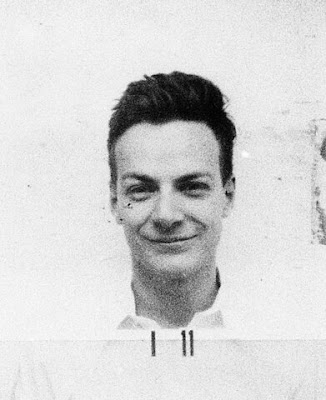

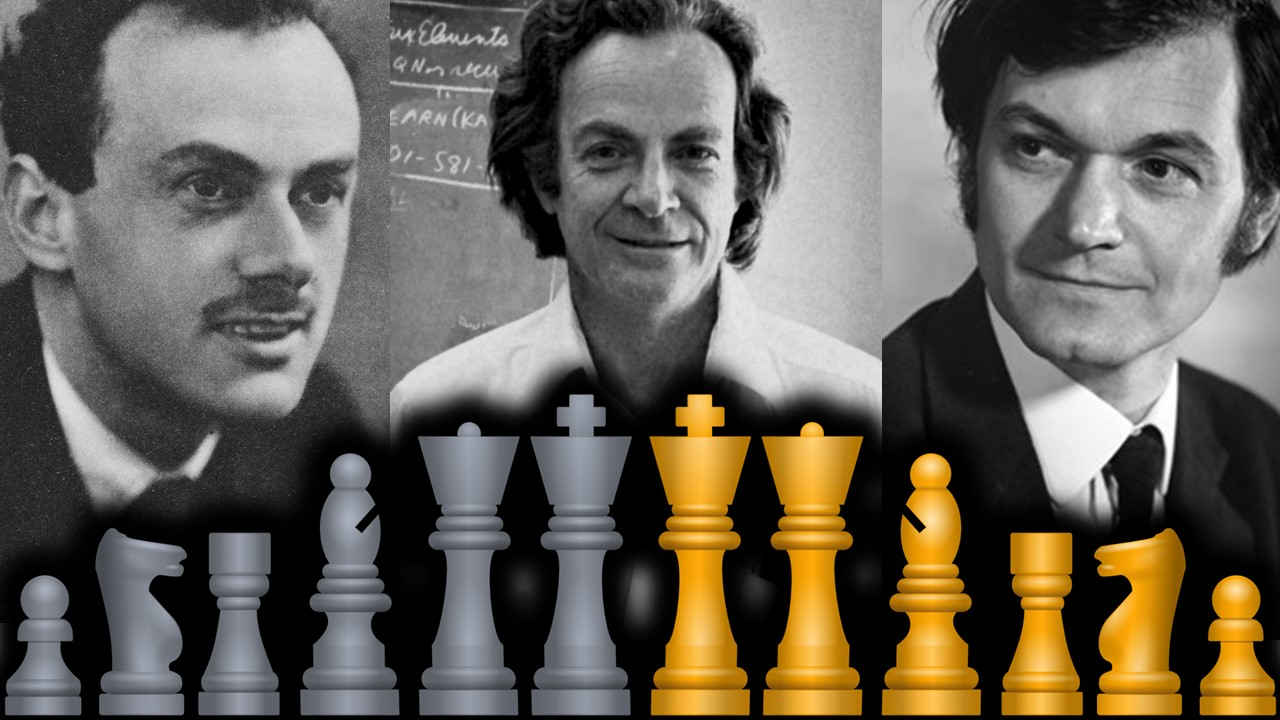
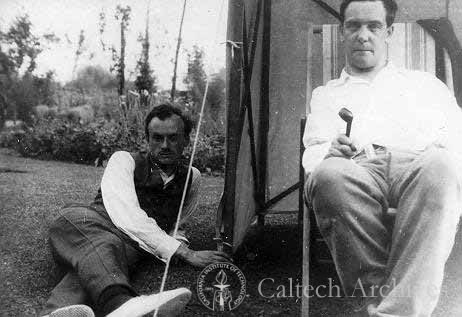
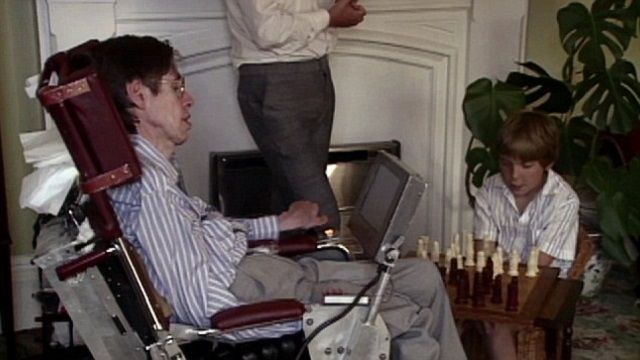 |
| picture credit: pinterest |
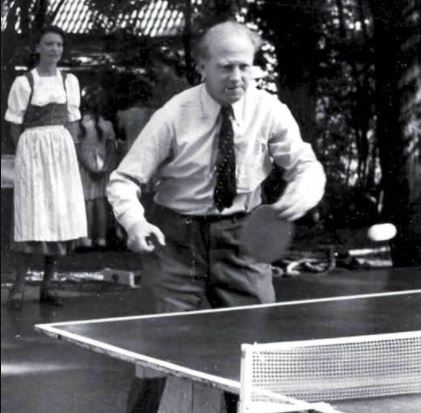 |
| picture: ESVA |

Apart from making groundbreaking discoveries in physics, Albert Einstein also played the role of a motivational guru quite often. So, following are 10 Einstein quotes that will change your life.
1. Everyone sits in the prison of his own ideas; he must burst it open, and that in his youth, and try to test his ideas on reality. [Meaning: Don't keep delaying what you really want to do. Try it out for who knows what is possible?]
2. Joy in looking and comprehending is nature's most beautiful gift. Never lose a holy curiosity for it has its own reason for existing. [Meaning: Every child is born curious. Keep your mind open to new adventures.]
3. Try to become not a man of success, but try rather to become a man of value. Because, only a life lived for others is a life worthwhile. [Meaning: Our relationships are just as important as goals.]
4. Life is like riding a bicycle. In order to keep your balance you must keep moving. [Meaning: Enjoy the ride. Don't be afraid to fall.]
5. Don't think about why you question, simply don't stop questioning. Don't worry about what you can't answer, and don't try to explain what you can't know. [Meaning: Curiosity is a quality one must never let go of. Ask questions as they will lead you to life's answers.]
6. Blind obedience to authority is the greatest enemy of truth. [Meaning: Don't follow people blindly.]
7. The value of a college education is not the learning of many facts but the training of the mind to think. [Meaning: Learn how to think, not what to think.]
8. I never think of the future. It comes soon enough. [Meaning: Live in the moment. Act now.]
9. The mediocre mind is incapable of understanding the man who refuses to bow blindly to conventional prejudices and chooses instead to express his opinions courageously and honestly. [Meaning: Break the mould you were born into.]
10. If A is success in life, then A = x + y + z. Work is x, play is y and z is keeping your mouth shut. [Meaning: Work hard. Play hard. Stay humble.]





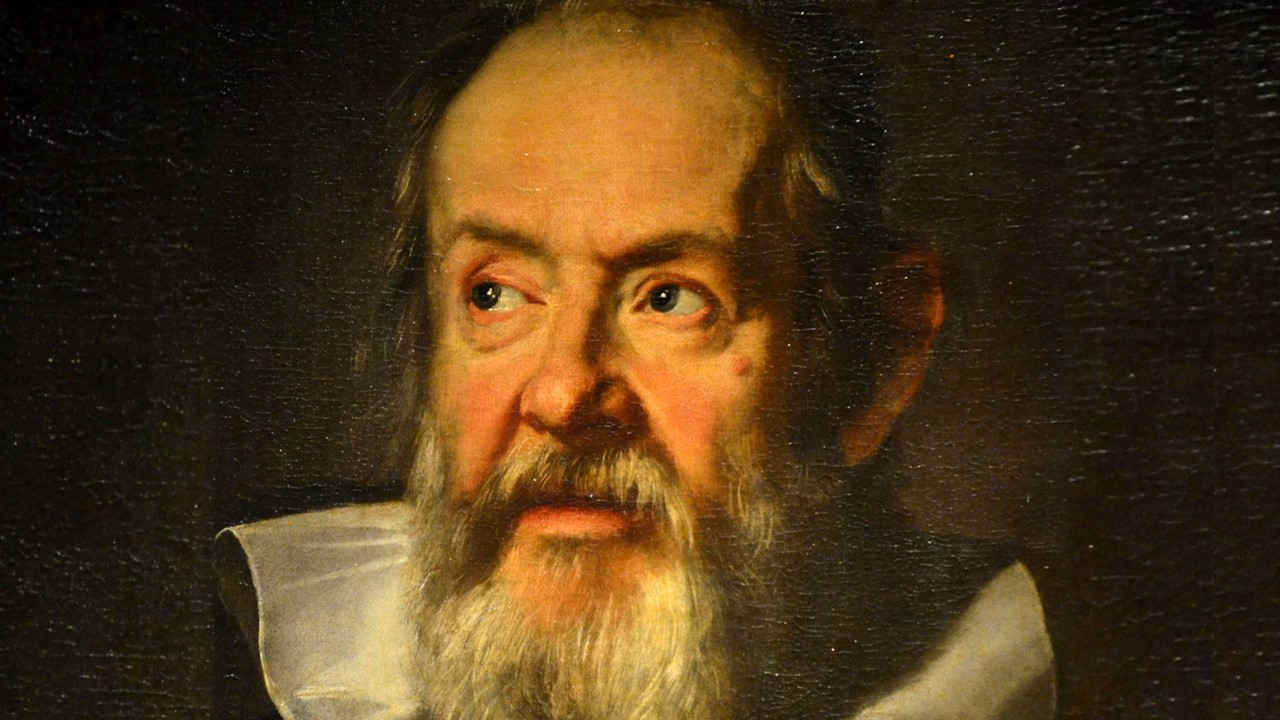


 |
| Newton's disc |
 |
| some cubic curves (Wiki) |

Even though physics and music are two wildly separate fields...what is life without both of them? Without physics, there is no chemistry or biology, or that which we call living. Whereas, without music, the living cannot so eloquently express feelings such as joy, heartbreak, hope and so on.
Richard Feynman
This was a man full of life...He was an American physicist who won the Nobel Prize for his contributions to quantum electrodynamics. Even at old age, Feynman did not stop performing his famous "orange juice" song.
Albert Einstein
He had once said: "Life without playing music is inconceivable for me. I live my daydreams in music, I see my life in terms of music. If I were not a physicist I would probably be a musician. I get most joy in life out of my violin."

His mother, Pauline, played the piano reasonably well and she wanted her son to learn the violin, not only to make him fall in love with music but also to help him assimilate into German culture.
Max Planck
He was a German physicist who is known for proposing Quantum theory in 1901. Planck was a father figure to Einstein yet they both played music as if members of a western classical band.



He started reading sheet music at the age of four! However, as Heisenberg grew older, his love for science outgrew his passion for music, despite which, music remained a lifelong hobby of his.

It was evening when we came to the riverWith a low moon over the desertThat we had lost in the mountains, forgotten.What with the cold and the sweatingAnd the ranges barring the sky.And when we found it again...In the dry hills down by the river,Half withered, we hadThe hot winds against us.
There were two palms by the landing;The yuccas were flowering; there wasa light on the far shore, and tamarisks.We waited a long time, in silence.
Then we heard the oars creakingAnd afterwards, I remember,The boatman called us.We did not look back at the mountains.
 |
| Tamarisks |
Age is, of course, a fever chillThat every physicist must fear.He's better dead than living stillWhen once he's past his 30th year.

How much do I love that noble man,More than I could tell with words!I fear though he'll remain aloneWith a holy halo of his own...

Nature is written in this grand bookWhich stands continually openBefore our eyesBut cannot be understoodWithout first learningTo comprehend the languageIn which it is written.
Without whichIt is impossible..To even understand a wordWithout whichOne is just wanderingIn a dark labyrinth.
Out of the cradleOnto dry landHere it is standing:Atoms with consciousness;Matter with curiosity.Stands at the sea,Wonders at wondering: I,A universe of atomsAn atom in the universe.
The world may be utterly crazyAnd life may be labour in vain;But I'd rather be silly than lazy,And would not quit life for its pain.
 Physics, astronomy and science history blog for students
Physics, astronomy and science history blog for students